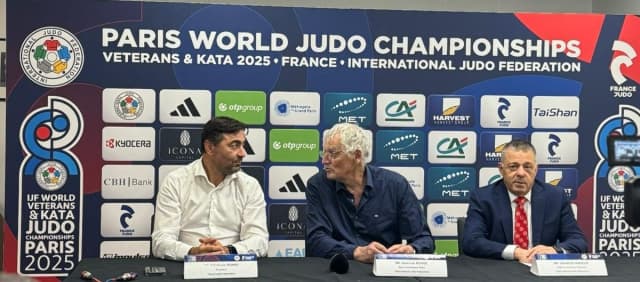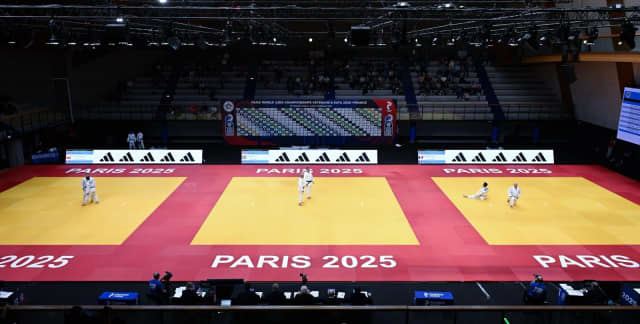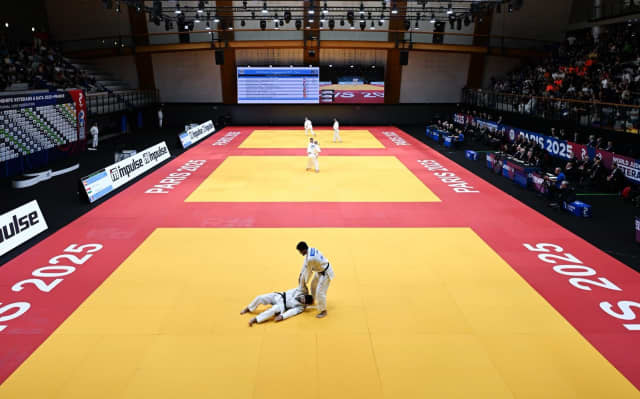In his introduction, Mr Rougé affirmed a clear ambition, “The past guides us but does not bind us.” He encouraged open dialogue among commission members, inviting new perspectives and ideas to help redefine the evolving role of kata within the global judo community. While organising competitions remains the commission’s primary task, it now embraces a broader mission that includes education, grading pathways and support for the IJF Academy’s international training standards.
The development of kata is structured as a three-tier pyramid model. At its base is education, the foundation aimed at teaching kata to the widest audience, particularly young judoka. In the middle sits grading, providing a structured pathway for practitioners working towards higher ranks, anchored in strong technical understanding. At the top is competition, representing elite-level kata, a growing field that depends on the strength of the levels beneath it. The strategy is clear: broaden the base to sustain growth at the peak.

The 2025 World Kata Championships in Paris highlights how significant this development has been. With 609 participants, 233 pairs, 467 competitors and 43 judges, it marks an historic moment in the competition’s evolution. From the 76 pairs who competed at the first World Kata Championships in 2008 (also in Paris), participation has more than tripled in less than two decades, proof of kata’s rising global appeal.
Several initiatives were proposed during the meeting to foster further growth. A cadet category (ages 15-17) will be introduced in 2026, with adjusted requirements, the first three sets of Nage-no-kata only and the full sequence of Katame-no-kata, to support youth inclusion without diluting technical standards. The commission is also working on an experimental online kata competition, a forward-thinking project designed to include judoka from regions where attending live events is challenging.
Looking ahead, the IJF Kata Commission unveiled a provisional 2026 calendar, including events in Spain, Belgium, France and potentially a fourth host city in July. The year will culminate in the World Kata Championships, tentatively scheduled for 26th and 27th September 2026 in Sarajevo, Bosnia and Herzegovina, pending confirmation.
In summary, the vision shared by Jean-Luc Rougé and the commission outlines a vibrant future for kata, one that combines technical excellence, education, inclusivity and innovation. It reinforces kata not only as a discipline but as a journey, where the lessons of the past illuminate the paths yet to come.



